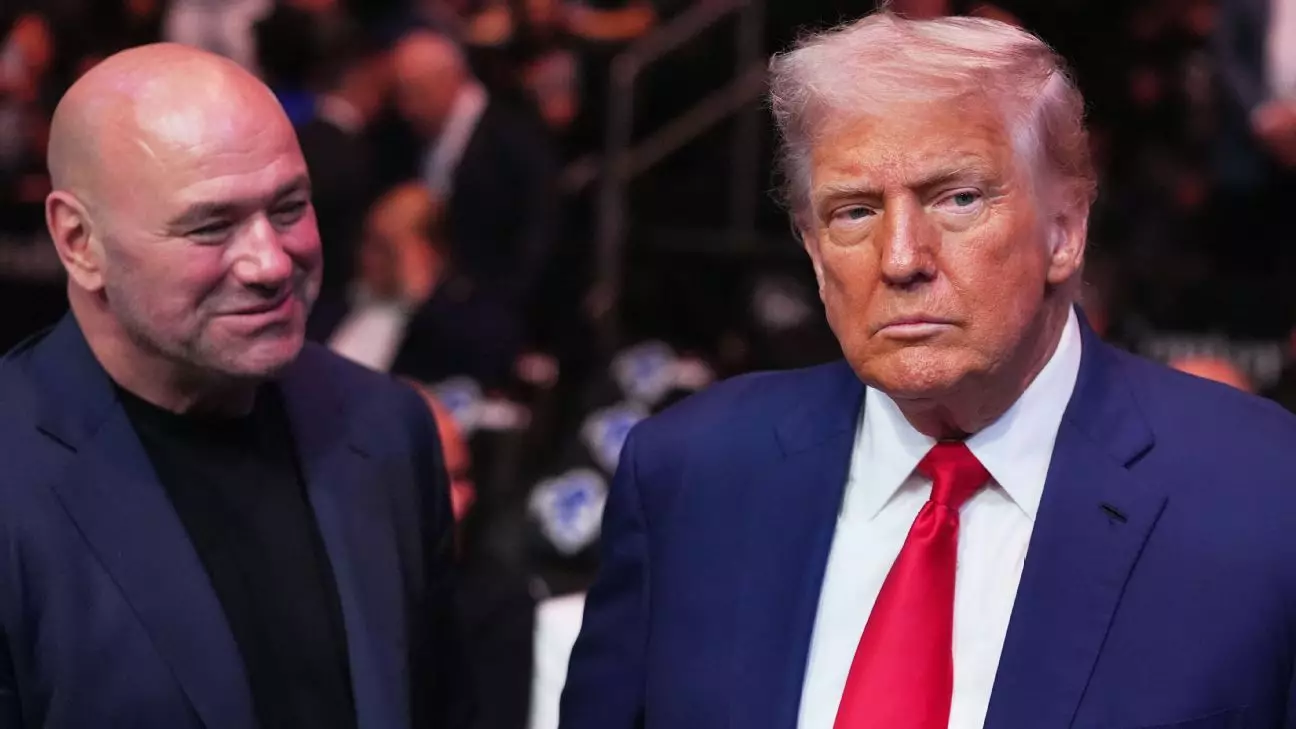President Donald Trump’s recent proposal to hold a UFC event on the White House grounds signals a dramatic shift in how America commemorates its milestones. Traditionally, Independence Day festivities tend to revolve around fireworks, parades, and official speeches that emphasize unity and historical reflection. However, Trump’s idea introduces a high-octane, celebrity-driven spectacle designed to showcase patriotism through the lens of modern entertainment and athleticism. This approach reflects a broader trend in American culture — blending spectacle with nationalism to generate maximum engagement and media coverage.
What’s particularly notable is Trump’s intention to leverage the power of sports as a symbol of American strength and resilience. By linking the celebration of 250 years of independence with a high-profile UFC fight, he aims to fuse patriotism with entertainment in a way that resonates deeply with a broad demographic. This shift underscores a desire to redefine national identity and collective pride in terms of entertainment rather than solemn ceremonies. In doing so, Trump not only seeks to entertain but also to craft a memorable moment that reflects a rugged, dynamic vision of America’s spirit.
The Political and Cultural Ramifications
The proposal also reveals underlying political motives. Trump’s close relationship with UFC President Dana White and his history of enjoying UFC events suggest an effort to rally his base by aligning himself with popular, visceral sports. The mention of a potential fight attended by tens of thousands of spectators on White House land isn’t just about celebration; it’s a statement of power and influence. Hosting such an event at the heart of American politics would be a bold assertion that entertainment and political authority intertwine more than ever.
Moreover, this idea raises questions about the evolving role of the presidency. Historically, presidents have used the White House for diplomatic and ceremonial functions rooted in tradition. Trump’s proposal flips this script by turning it into a venue for a commercial sporting spectacle, blurring lines between statecraft and spectacle. Critics might see this as trivializing the dignity of the office, while supporters could perceive it as a fresh, unapologetic expression of American boldness. Either way, it demonstrates a willingness to use the cultural landscape as a platform for political expression.
Potential Impact and Future Implications
If executed, this UFC event could have significant implications for how future national celebrations are organized. It exemplifies a new form of civic engagement—one that emphasizes entertainment, athlete patriotism, and spectacle. This model could inspire other presidential administrations to adopt similarly innovative, if unconventional, approaches to national events.
However, there are risks. A spectacle that leans heavily on entertainment might diminish the solemnity traditionally associated with patriotic celebrations. It also raises concerns about commercialization and the politicization of national symbols. While Trump’s supporters may embrace this bold new direction, critics could argue it undermines the gravitas of American history and the sacrifices that define the nation.
In the end, whether seen as a daring innovation or a controversial stunt, Trump’s UFC proposal exemplifies a broader trend: the increasing importance of spectacle and entertainment in shaping political narratives and national identity. It’s a reminder that in a hyper-connected world, the boundary between politics, culture, and entertainment continues to erode — often with unpredictable consequences.


Leave a Reply